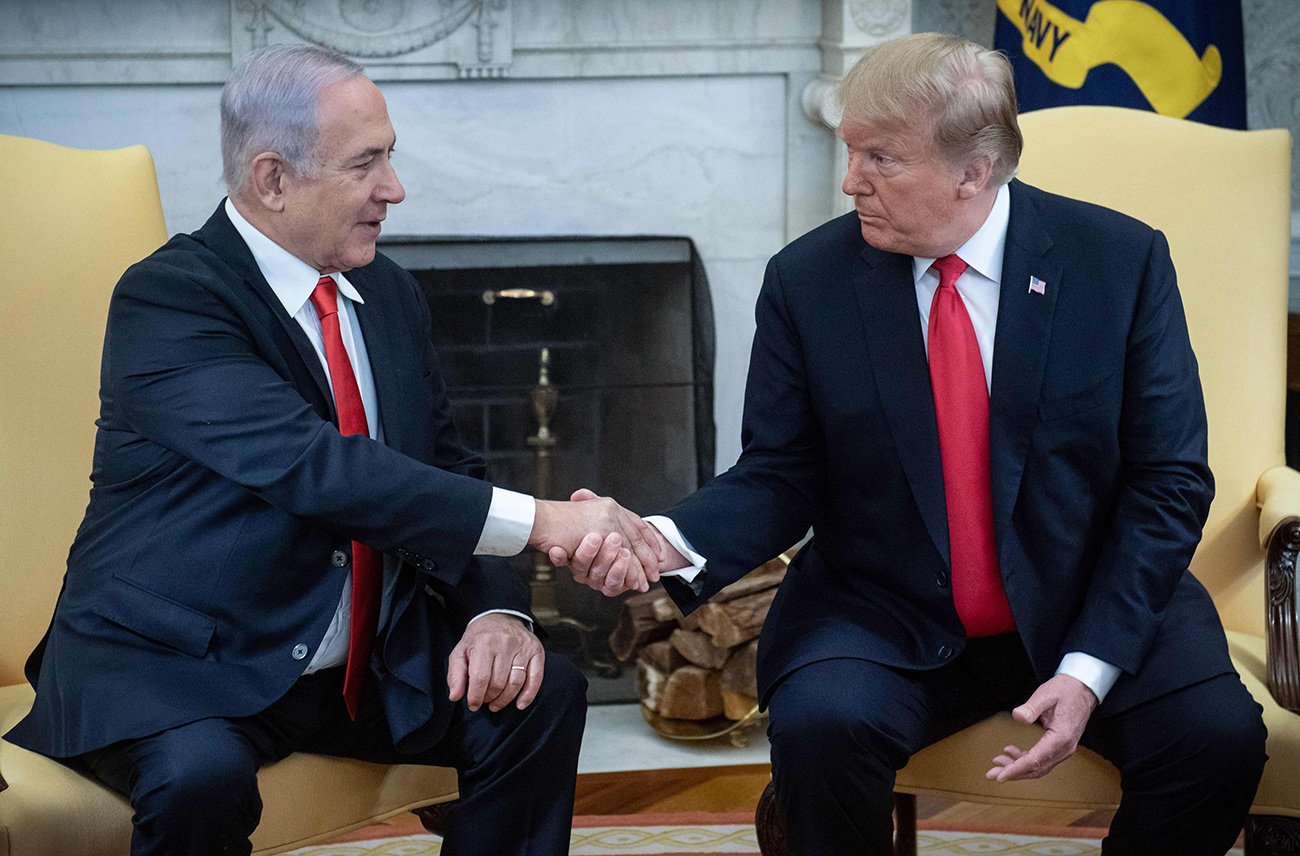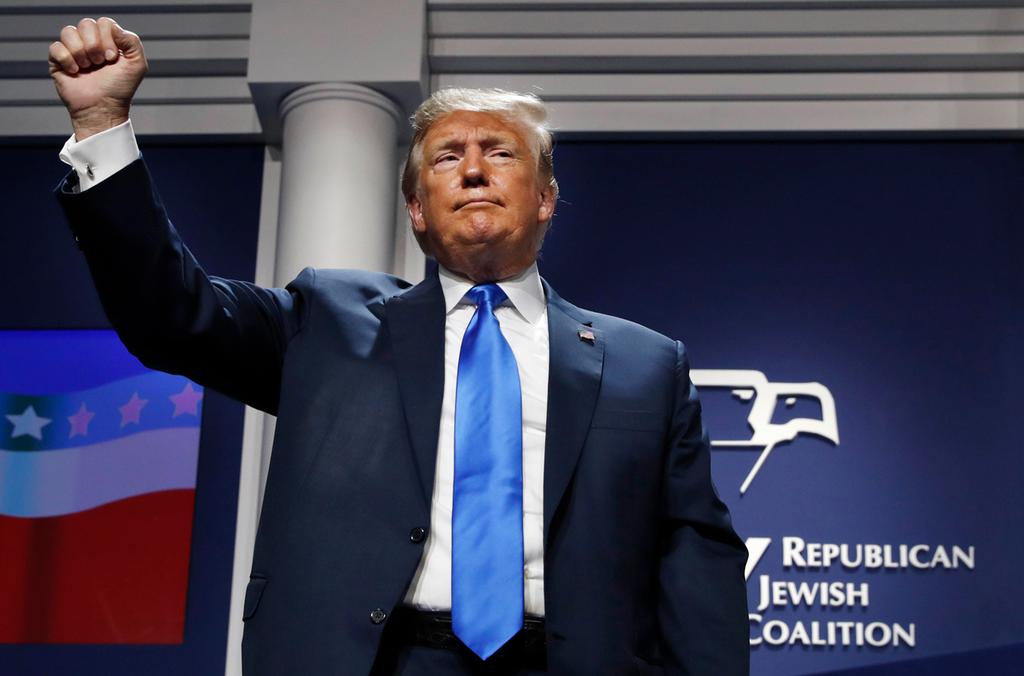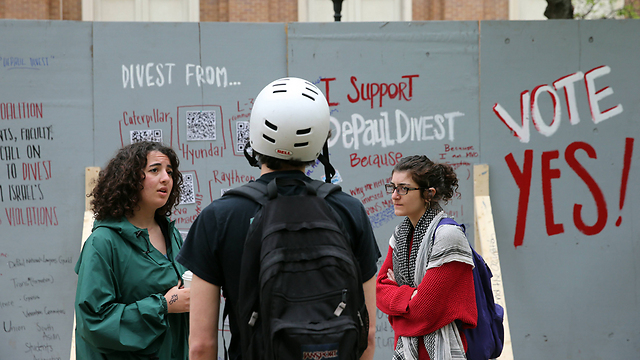Getting your Trinity Audio player ready...
Prime Minister Benjamin Netanyahu on Thursday welcomed U.S. President Donald Trump's executive order targeting what the White House describes as a growing problem of anti-Semitic harassment on American college campuses.
Trump's executive order, signed Wednesday, treats "Jewishness" as a nationality and not just a religion, making anti-Semitism subject to a law that bars discrimination on the basis of national origin at educational institutions that receive federal funding.
"Free speech is not carte blanche for anti-Semitic attacks on the Jewish people and the State of Israel," Netanyahu said Thursday, referring to critics who expressed concerns that a broader definition of anti-Semitism might be used to limit criticism of Jerusalem's actions.
The move is intended to target those colleges and universities that fail to combat anti-Semitism, a senior administration official said Tuesday.
The order tells the Department of Education to consider the International Holocaust Remembrance Alliance's definition of anti-Semitism when evaluating discrimination complaints under Title VI of the 1964 Civil Rights Act, which prohibits discrimination based on race, color and national origin at colleges and universities that receive federal funding.
One U.S. official said Trump's order would make it clear that Title VI will apply to anti-Semitism as defined by the IHRA. That definition says anti-Semitism may include "targeting of the State of Israel" and singling it out for criticism above other nations.
Foreign Minister Israel Katz on Wednesday also lauded Trump's move and urged more countries to adopt similar measures.
"I congratulate U.S. President Donald Trump on his intention to sign an executive order to combat anti-Semitism in U.S. universities and colleges and withholding federal funding from institutions that will fail to prevent anti-Semitism on their grounds," said Katz.
Previous attempts to clarify and codify the application of Title VI to anti-Semitic acts have become bogged down in debates over whether Judaism should be seen as race or is indicative of a national origin.
A U.S. official insisted the order was not intended to limit freedom of expression and was not aimed at suppressing the Boycott, Divestment, Sanctions movement (BDS) that refuses to purchase Israeli products or invest in Israeli companies. The movement is on the rise, sparking tensions on many college campuses.
The movement, however, has received a bipartisan rebuke in the U.S. Congress and many states have passed anti-BDS measures.
Trump has urged allies to rein in the boycott movement, while its backers deny anti-Semitism charges and describe themselves as critical of Israeli decision-making, not Jews.




